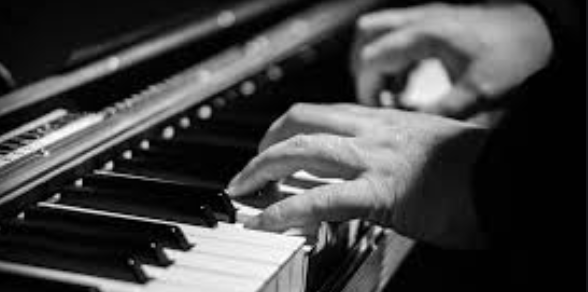
The Gift of Practice as Self-Care
Give Yourself the Gift of Regularly Scheduled Practice Time
by Alyssa Cowell, The Catoctin School of Music
Self-care awareness is currently at an all-time high. It seems like every other article floating across my dashboard pertains to developing strategies to give your mind a rest, to practice personal-care rituals geared toward stress relief, or to embrace a quiet moment of reflection. This Valentine’s day let’s jump on the self-care bandwagon and establish some regular practice time with your instrument in the name of self-care!
Regular practice makes your lesson time more productive and less stressful: Most people study an instrument to enrich their lives through music, but when it comes to practice there is often a struggle to set aside time for regular practice. Practice is often not prioritized, which leads to frustrating lessons due of slow pace or lack of progress. Instead of a creative outlet, lessons become dread-filled sessions filled with apologetic excuses and feelings of failure. Give your future-self the gift of prioritizing your music practice to alleviate future anxiety – walking into your lesson knowing you’re prepared will give you a better outlook and a better attitude.
Regular practice also gives you the satisfaction of having really taken advantage of the investment you made in your instrument and your education. Whether you buy, rent, or inherited your instrument, music is an investment in your finances and your time. Make sure you are not wasting your investment! Skipping practice only leads to feeling guilty about the resources you are wasting.
Finally, regular practice means slowing down and focusing on small details for a few minutes every day – which is a pretty nice break! Take some time to focus on the finer points of technique, and you might notice that it will help clear your mind. Focus on the curve of your fingers on the piano keys. Concentrate on holding your breath through the end of a phrase. Make sure your shoulders are relaxed and your posture is upright. Really look at your music and use the written dynamics and articulation. Even 10 minutes of distraction-free attention to practice can give you a sense of calm and well-being.
In the busy and over-scheduled culture we have cultivated, it can feel like setting aside time for personal edification is an indulgence. Prioritizing self-care is a great way to bring balance to your lifestyle. Practicing your instrument can be a part of your self-care routine in addition to other stress-reducing activities. Consider committing to a week or two of scheduled practice time and discover the benefits of incorporating music into your daily life.
